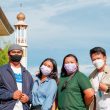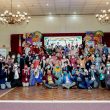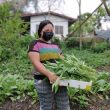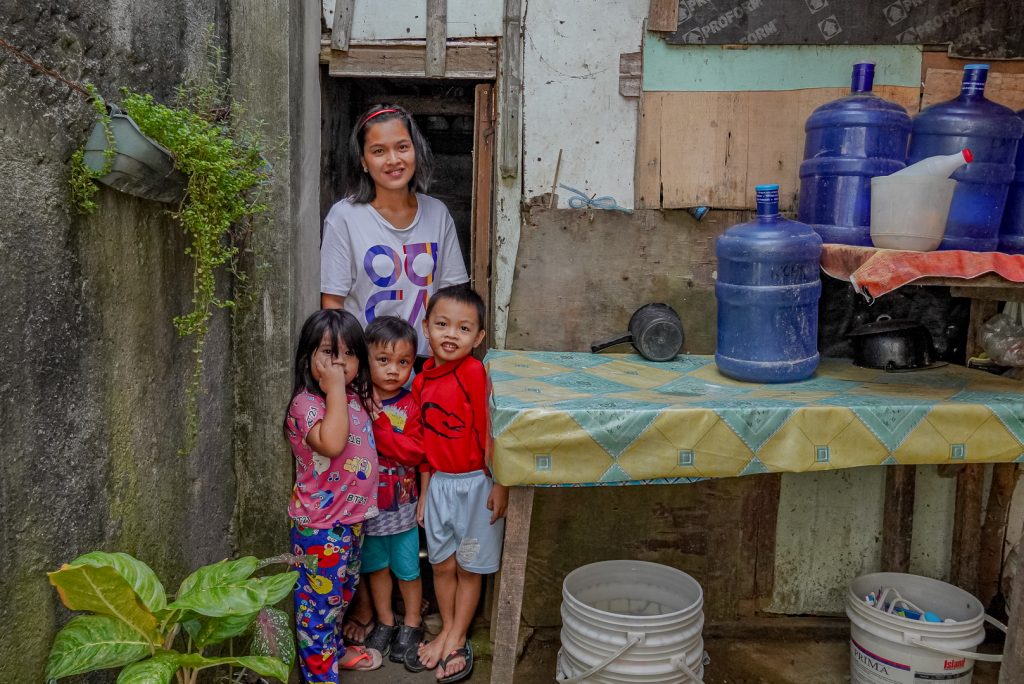
Solid waste management has been a continuing problem in Cebu City for the past few years. In Barangay Talamban, piled up garbage blocked narrow drainage and caused flooding. Mae Ann Wenceslao, 24, recalled having to be rescued as water levels rose while she was pregnant in 2017. Many of their appliances and kitchenware were damaged but, fortunately, Mae and her family were safe.
“I want a safe area for kids and residents where they are not in danger of contracting dengue, leptospirosis, and other diseases caused by flood water,” as a young mother who had to quit school to support her family, Mae dreamed of a safer community.


This year, curious about opportunities available to her, Mae joined a Design Thinking workshop with USAID. USAID has been empowering out-of-school youth in select cities in the Philippines so that they can be an active part of their own development.
Using design thinking, Mae gained leadership skills and the lens that put people first in coming up with innovative solutions. Through an approach that centers on empathy, she—together with other youth in the community—crafted a small solid waste management project to respond to real concerns in her community that young people can help address.
“People can be really unaware of the situation in their community. Sometimes, they don’t even realize that their actions can cause troubles for others,” Mae realized. She started to view problems and solutions in her community in a different light due to the design thinking workshop with USAID.
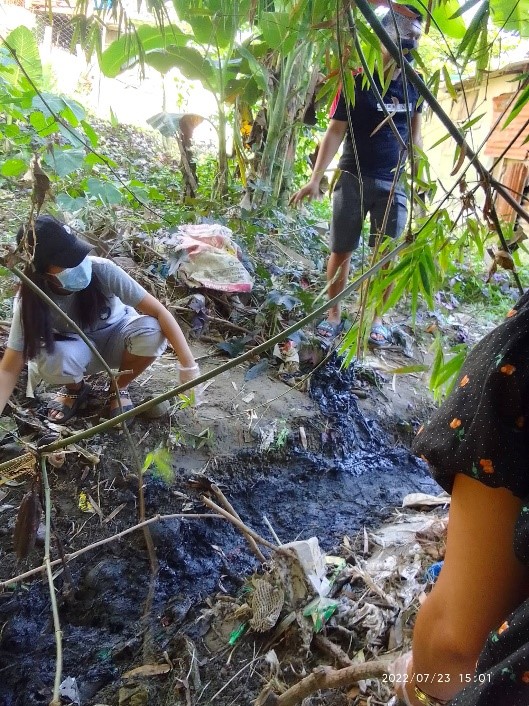
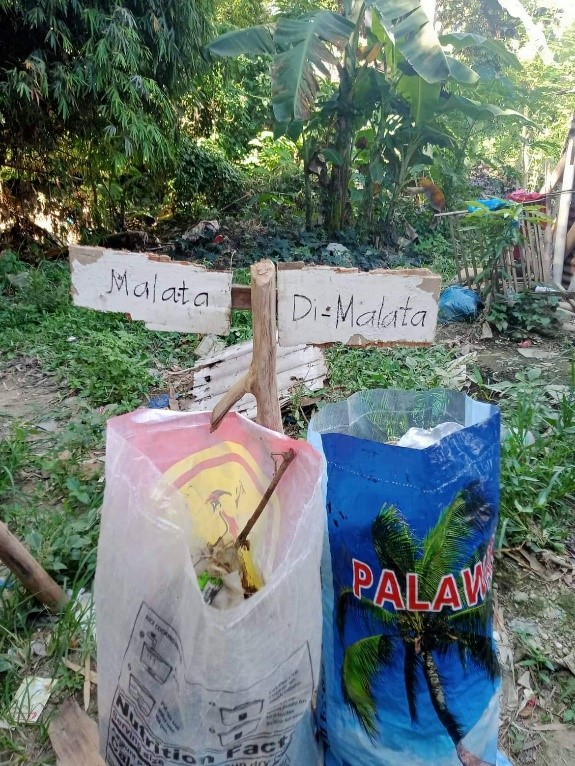
After the workshop, in March 2022, she initiated a clean-up drive with other youth in her neighborhood. They put up waste segregation bins and taught their neighbors how to properly dispose of trash. They also coordinated with the local government to make sure they we in line with the garbage collection schedule. Because of her passion, other volunteers joined her. She realized, “We had something to contribute to the community as youth.”
Since initiating the project, Mae noticed a significant improvement in their community, especially when it rains, as the water no longer floods their homes. The local government, because of Mae’s advocacy, came up with an ordinance to ensure the youth’s initiative on solid waste management is sustained.
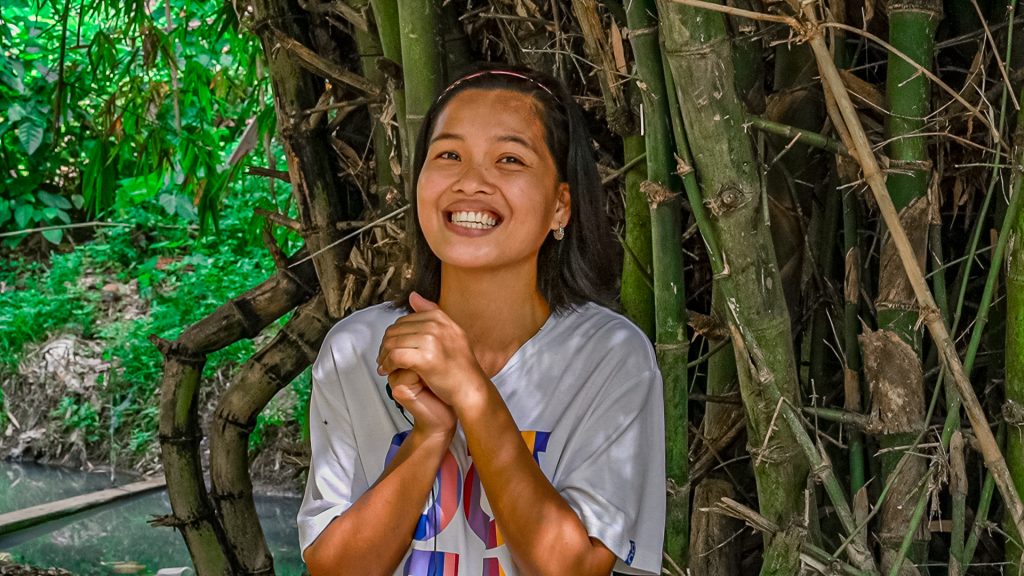
USAID support to youth empowerment in Philippine communities is enabling marginalized youth to develop as community leaders and become proactive actors in their own development. Through this, out-of-school youth are able to organize as groups and contribute to making their communities better by collaborating with each other and with other local stakeholders.#


